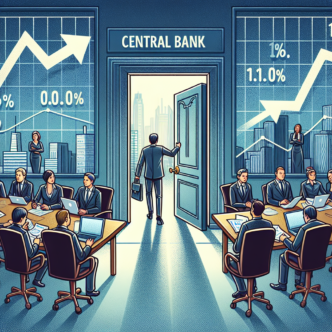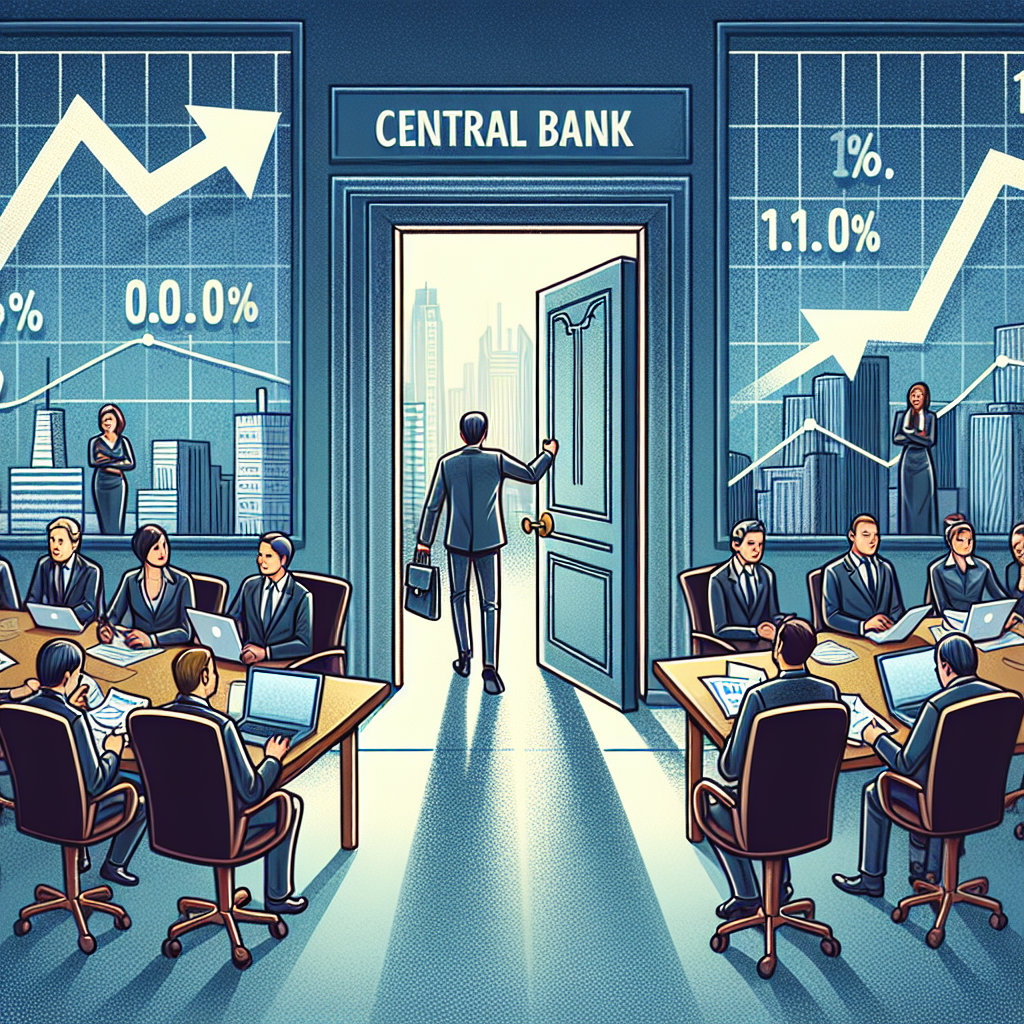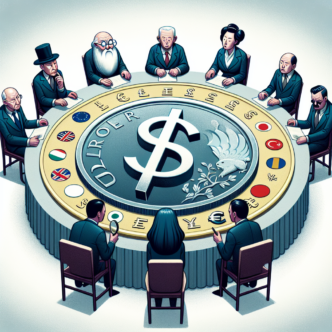Inflation rates in the Eurozone are continuing to decrease while growth in the single currency economy remains slow, allowing for a gradual decrease in interest rates, stated European Central Bank Governing Council member Martins Kazaks on Monday.
This year, the ECB has cut interest rates three times, including the most recent 25 basis points reduction this month, and another cut is widely anticipated in December as policymakers express increasing concern about the growth in the euro area.
Kazaks, who leads the Bank of Latvia, noted in a blog that household consumption within the euro area has fallen short of expectations, contributing to the economic sluggishness.
“The risks to growth are still skewed to the downside,” Kazaks remarked. “A delayed recovery could result in layoffs, as keeping employees becomes financially burdensome, which might push inflation significantly below the target.”
Despite these potential risks, the ECB aims for a “soft landing” without a rapid uptick in unemployment or a recession, a sentiment that aligns with comments made by ECB President Christine Lagarde the previous week, Kazaks added.
Kazaks projected that ECB rates will continue to fall as inflation is on a steady trajectory towards the 2 percent target.
On a related note, Gediminas Simkus, the head of the Bank of Lithuania, also indicated on Monday that the future trend for ECB rates appears to be downward.
In contrast, Slovakia’s central bank governor Peter Kazimir was cautious about signaling a clear easing in December, indicating a desire for more evidence of an accelerating disinflation rate.
“All options remain open,” Kazimir noted in a blog concerning the ECB’s December decision.
For comments and feedback contact: editorial@rttnews.com
Business News







